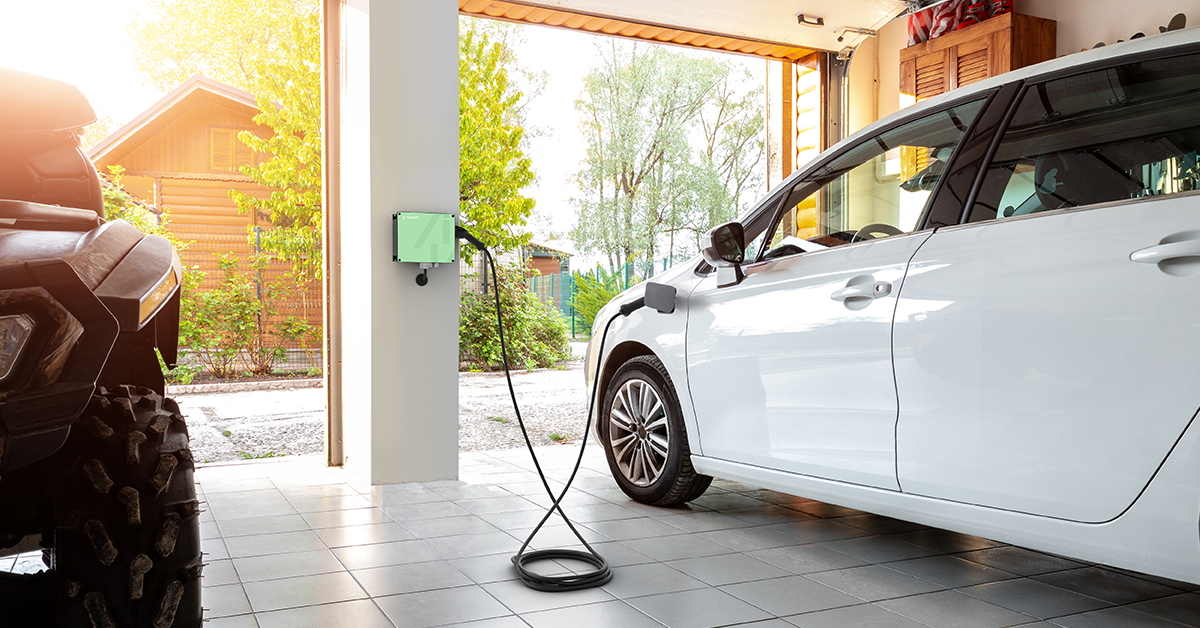Electric cars are expensive, electricity is expensive, it's not worth it.
Charging station made of compostable materials
The company AgeVolt also pays attention to the ecological side of charging electric cars. Currently, it uses compostable material as packaging for the charger and uses recyclable components in the charging stations. However, it plans to produce compostable chargers in the near future.

What materials can currently be composted?
Today, it is possible to compost biowaste from the household, from the garden, or other organic waste, such as wood ash, sawdust, or hair. This means that you can throw, for example, residues from cleaning fruits and vegetables, coffee grounds, dried bouquets, grass clippings, leaves, and rotten fruit into the bio waste.
The offer of compostable materials will only expand in the future
In the future, however, the offer of compostable materials will expand, as there are several companies that deal with the production of such materials. One of them is the Czech start-up Myco, which develops compostable material from mushrooms, agricultural or woodworking industries, or packaging material Nonoilen, created on the basis of polymers from renewable sources.
Bioplastics and their distribution
These materials are added to other bioplastics made from eco raw materials or degradable in nature. The decomposition of bioplastics only begins when the material reaches a biologically active environment, where this process can still take weeks to months. It is not possible to just throw it somewhere in nature, because it needs microorganisms to transform it into something harmless and useful. An ideal environment is, for example, compost, where these organisms are found.
AgeVolt's use of compostable materials
The company AgeVolt also uses compostable materials in its products. One of these solutions is the use of nonoilen bioplastic material, which can also be thrown into the home composter, as a packaging for chargers. This material has no negative impact on nature and is created from renewable resources. In general, it is very friendly to the environment, and in the future it should also be used for the production of products, or the production of foils for technical and food purposes.
Compostable charging station as the next step in reducing the carbon footprint
However, the last challenge is the use of compostable materials for charging stations, which should be a reality soon, also thanks to the Nonoilen material. Ecological charging of electric cars would be available for households using the Wallbox charger, as well as with the Pillar system, intended for public parking lots.
The charging station would thus be fully ecological, allowing you to further reduce the carbon footprint of using an electric car and helping to achieve a more sustainable way of life. And you could enjoy its benefits at any time, whether you are at home, shopping or at work, knowing that your charging station can also be decomposed by microorganisms in the compost.

